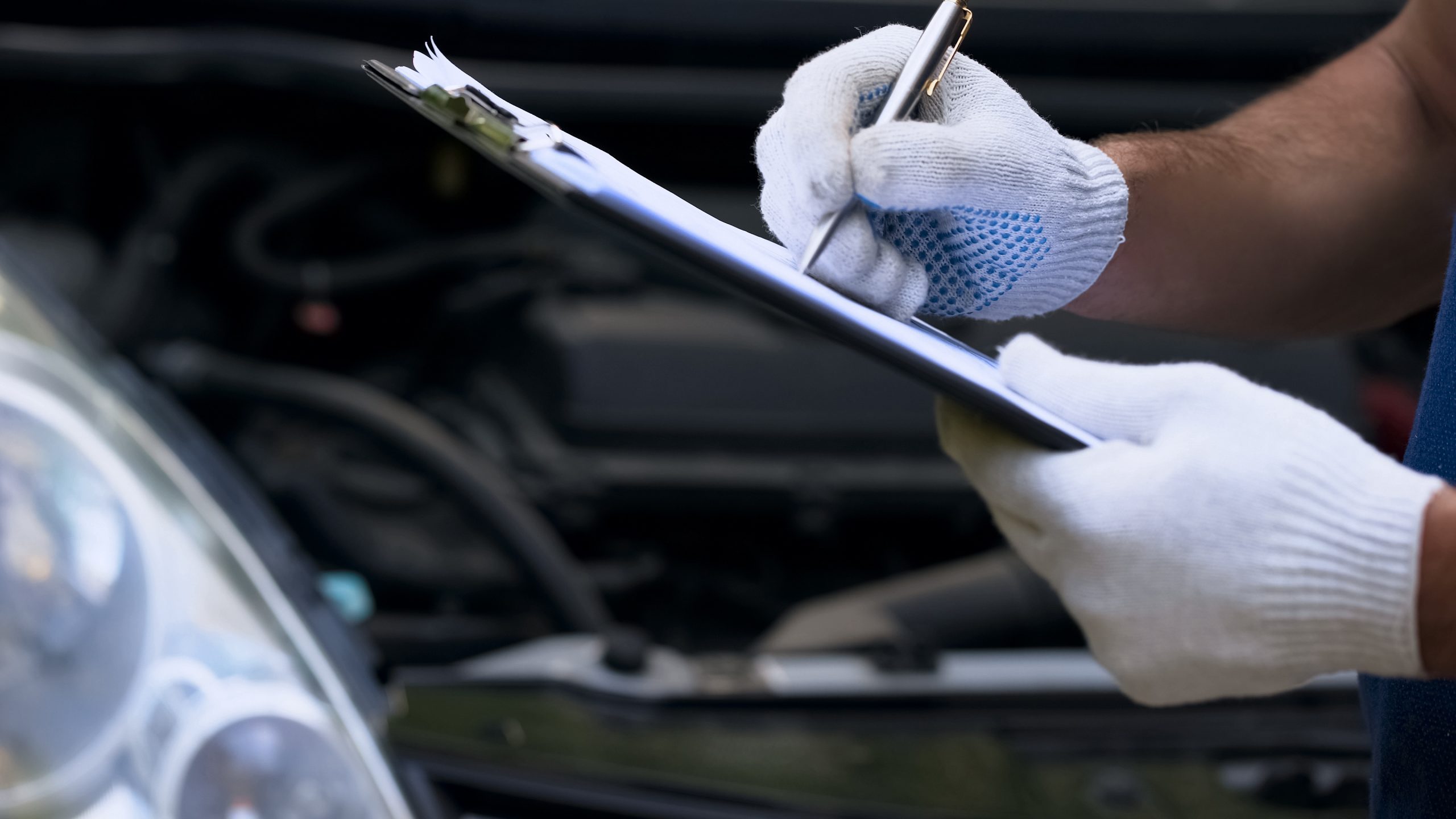Understanding Your Used Car History Report
When purchasing a used car, a history report is an essential tool that provides valuable insights into the vehicle's past. This report can reveal important information such as previous accidents, title issues, service records, and odometer readings. Understanding what this report entails can help you make an informed decision and avoid potential pitfalls when buying a used vehicle.
Key Components of a Used Car History Report
A comprehensive used car history report typically includes several key components. First, it will detail any reported accidents, including the severity and type of damage. Additionally, it will provide information on the vehicle's title status, indicating whether it has been salvaged or rebuilt. Service records can also be included, showing how well the car has been maintained over the years. By reviewing these components, you can gauge the reliability and safety of the vehicle you are considering.
What to Watch For
While a used car history report is a valuable resource, it's important to know what to watch for. Look out for discrepancies in the odometer readings, as this could indicate potential fraud. Be cautious of vehicles with multiple owners in a short period, as this may suggest underlying issues. Additionally, pay attention to any reported accidents, especially if they involve significant damage. Understanding these red flags can help you avoid costly mistakes.
The Importance of Vehicle Maintenance Records
Maintenance records are a crucial part of a used car history report. They provide insight into how well the vehicle has been cared for over its lifetime. Regular oil changes, tire rotations, and other maintenance tasks can indicate that the previous owner took good care of the car. Conversely, a lack of maintenance records may suggest neglect, which could lead to future problems. Always ask for these records when reviewing a used car history report.
How to Interpret the Report
Interpreting a used car history report can be daunting, but it doesn't have to be. Start by focusing on the most critical sections: accident history, title status, and service records. If you see any red flags, such as a salvage title or multiple accidents, consider these factors carefully before making a purchase. If you're unsure about any details, don't hesitate to ask a trusted mechanic or car expert for their opinion.
Frequently Asked Questions
Many buyers have questions about used car history reports. Common inquiries include how to obtain a report, what to do if the report reveals negative information, and whether all vehicles have a history report available. Understanding these FAQs can help demystify the process and empower you to make confident decisions when purchasing a used car.
Take Control of Your Car Buying Experience
Armed with a used car history report, you can take control of your car buying experience. This report not only helps you identify potential issues but also gives you leverage in negotiations. If you find discrepancies or concerns, you can use this information to negotiate a better price or walk away from a deal that doesn't feel right. Remember, knowledge is power when it comes to buying a used vehicle.

